What are Dental Implants?
Dental implants are metal posts or metal frames that are inserted into the jawbone underneath the surface of the gum. These metal frames will then fuse to the jawbone giving stable support for dentures or dental crowns or bridges.
Dental implants are a popular and effective way to replace missing teeth. They offer a number of advantages over other methods, such as dentures or bridges. Implants are permanently anchored in the jawbone, so they don’t move around like dentures can. And because they are anchored in the jawbone, they stimulate the bone to keep it healthy and strong.
If you need a cosmetic dentist in Hervey Bay for Implants, Veneers or dental Bridges then call us at Wide Bay Central Dental today and talk to our team to get a beautiful smile today.
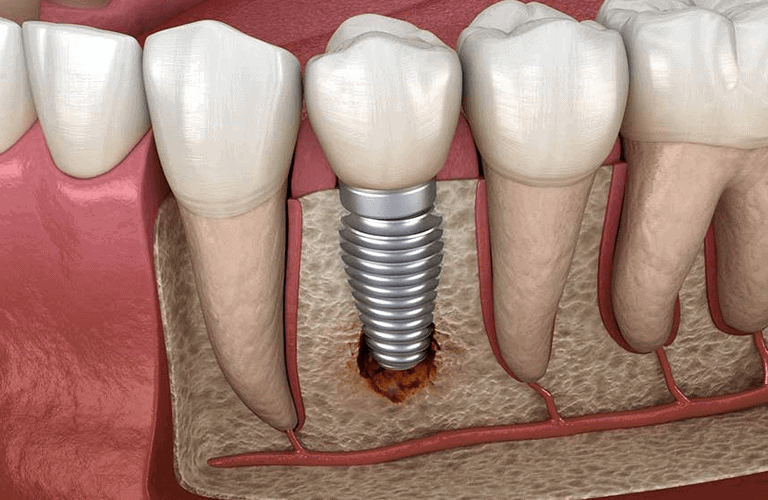
Who Can Have Dental Implants?
Dental implants are a common dental procedure that can be used to replace one or more missing teeth. The implant itself is a small titanium screw that is placed into the jawbone, and the false tooth is then attached to the implant.
Many people assume that a dental implant is only an option for those who have lost all of their natural teeth, but this is not the case. In fact, dental implants can be used to replace a single missing tooth, and they can also be used to support a dental bridge or denture.
The best way to determine if a dental implant is right for you is to schedule a consultation with our dentist. During the consultation, our dentist will assess your dental health and talk with you about your treatment options.
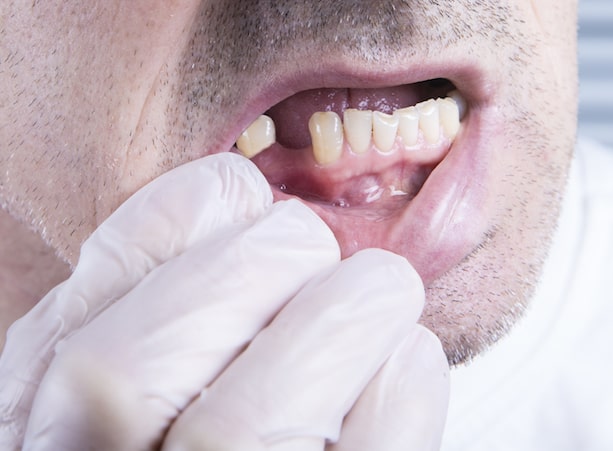
Types of Dental Implants
- Single Dental Implant
- Multiple Dental Implants
- Denture implant ( Overdentures or Implant Supported Dentures)
- ALL ON 4


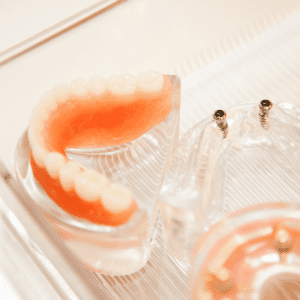
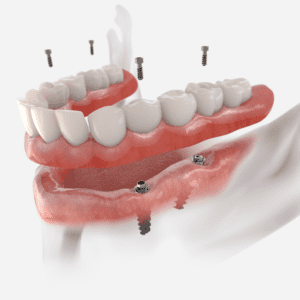
What are the benefits of dental implants?
Dental implants are a popular and effective dental treatment option for missing teeth. There are many benefits of dental implants, including :
- Help to preserve bone in the jaw – Without the root of a tooth in the jaw, the bone can begin to deteriorate. Dental implants help to stimulate and preserve bone in the jaw.
- Are a long-term solution – Dental implants are designed to last a lifetime with proper care.
- Look and feel natural – Dental implants are made to match the size, shape, and colour of your natural teeth.
- Help to restore chewing function – Dental implants help to restore normal chewing function.
- Require no special care – You brush and floss dental implants just like you do your natural teeth.

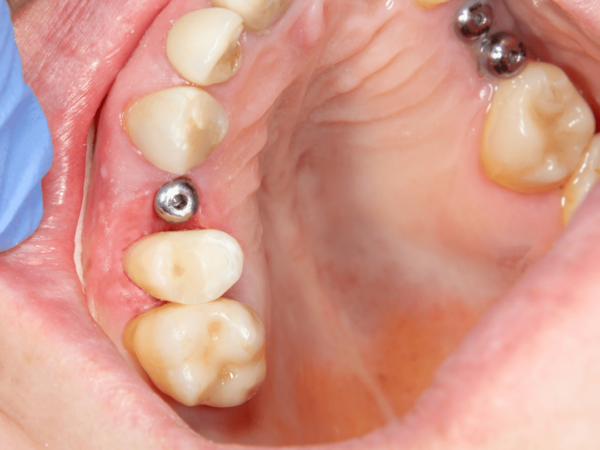
What Are Dental Implant Treatment Processes?
The dental implant treatment process begins with a consultation with a dental implant surgeon or dentist. During the consultation, the dentist will assess the health of your gums and jawbone to ensure that you are a good candidate for a dental implant.
If you are determined to be a good candidate, the next step is to have the implants placed. This is typically done under local anesthesia, though you may be given sedation if you experience anxiety during dental procedures.
Once the implants are in place, they will need to fuse with your jawbone, which can take several months. Once this process is complete, you will return to your dentist to have your new teeth placed.
The dental implant is a great way to replace missing tooth and restore your smile. The dental implant treatment process can take several months from start to finish, but it is worth it for the long-lasting results.
What happens the day after dental implant surgery?
The day after your dental implant surgery, you will likely experience some swelling and soreness. This is normal and will usually resolve within a few days. You may also have some bruising around the surgical area. You should avoid drinking from a straw, smoking, or chewing gum to help reduce the risk of bleeding.
What is Jaw Bone Loss?
Jaw bone loss is a serious condition that can occur when one or more teeth are missing. When a tooth is missing, the bone that supported that tooth begins to deteriorate. This can lead to a loss of bone mass in the jaw, which can then lead to further problems, such as an inability to wear dentures or an increased risk of infection.
Jaw bone loss is a serious problem because it can cause a change in the shape of your face, making you look older than you are. It can also lead to other health problems, such as an inability to chew properly or joint pain. If you are missing one or more teeth, it is important to talk to your dentist about your options for treatment so that you can avoid jaw bone loss.
What Causes Jaw Bone Loss?
There are several things that can cause jaw bone loss, but the most common cause is missing teeth. When you lose a tooth, the bone that supported that tooth begins to deteriorate. This happens because the roots of your teeth stimulate your jawbone when you bite and chew. Without this stimulation, the jawbone begins to shrink and degrade.
Other causes of jaw bone loss include periodontal disease and dental trauma. Periodontal disease is an infection of the gums that can destroy the tissue and bone that support your teeth.
Dental trauma can also damage the bones in your jaw, causing them to degrade over time. Additionally, certain medications and medical conditions can lead to Jaw bone loss.
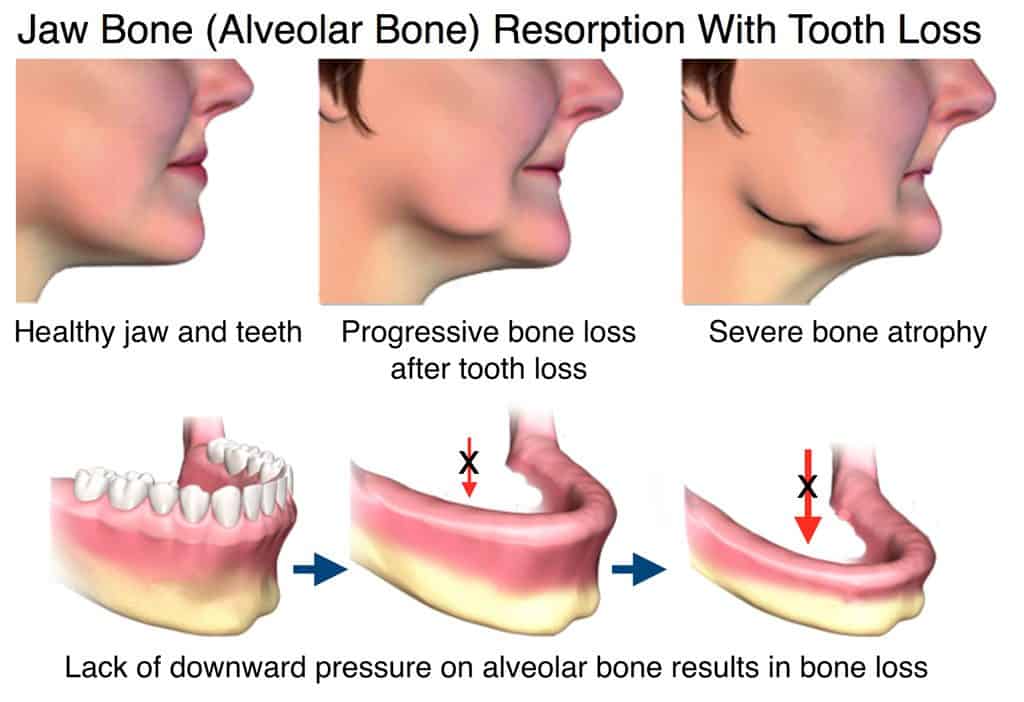
How Can I Prevent Jaw Bone Loss?
There are a number of ways to prevent Jaw bone loss. First, it is important to maintain good oral hygiene by brushing and flossing regularly. This helps to remove plaque and bacteria from the teeth and gums, which can help to reduce the risk of periodontal disease.
Additionally, quitting smoking and managing stress can also help to reduce the risk of Jaw bone loss. Finally, eating a healthy diet rich in calcium and vitamin D can help to keep the Jaw bone strong and healthy. By taking these steps, you can help to prevent Jaw bone loss and keep your smile looking its best.
What Is Bone Grafting?
Bone Grafting or Bone Augmentation is a term that describes a dental procedure used to “build up” bone so that Dental Implants can be placed. Restoring bone to restore your smile typically involves adding bone or bone-like materials to your jaw. This Bone Graft can be your own bone or processed bone.
When Do I Need Bone Grafting?
Bone grafting is often necessary when there is not enough healthy natural bone left to support dental implants. The procedure can also help to prevent dental implant failure and is often recommended for patients who have undergone extensive tooth loss.
In addition, bone grafting can improve the success of dental implants and reduce the risk of implant rejection.
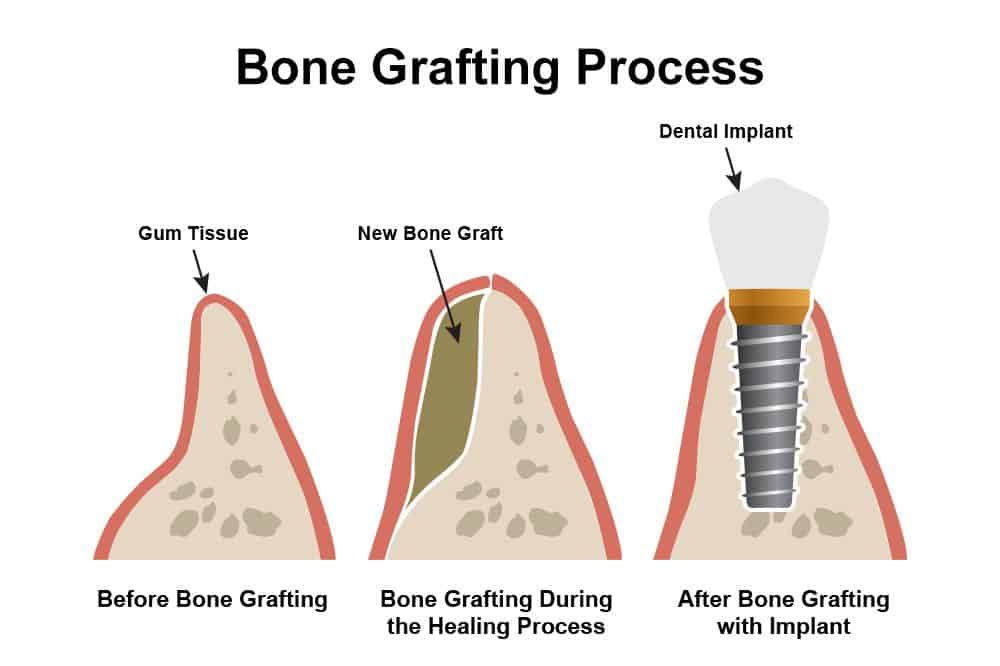
Frequently Asked Questions
Are Dental Implants safe?
Dental implants are one of the most popular dental procedures available today. They are designed to provide a long-term solution for missing teeth, and they are made from materials that are compatible with the human body.
While a dental implant is considered to be safe, there are always risks associated with any surgical procedure. However, complications are rare, and a dental implant has a very high success rate and with proper care can last a lifetime.
Can I Use Dental Implants To Replace My Loose Dentures?
Yes, you can use dental implants to replace your loose dentures. Also, it is called overdenture or Implant supported Denture. All on 4 is another option that can be used to replace your dentures.
Will Dental Implants Treatment Hurt?
One of the biggest concerns patients have when considering dental implants is whether or not the treatment will be painful. It’s understandable to be nervous about undergoing any type of surgery, but dental implants are actually a minimally invasive procedure. No, dental implant treatment will not hurt.
How much do dental implants cost?
The cost of a dental implant varies depending on the number of implants needed, the type of implants used, and the location of the dentist. Some insurance plans may cover part of the cost of dental implants. In your consultation, our dentist at Wide Bay Central Dental will discuss with you all details and possibilities including the price.
Who is a good candidate for dental implants?
The best candidates for dental implants are: –
- People who have lost teeth due to injury or disease
- People who want to improve their chewing function
- People who want to improve the appearance of their smile
- People who have adequate bone support in their jaw
How long do dental implants last?
Dental implants are designed to last a lifetime with proper care. With proper oral hygiene, they can last even longer.
However, the lifespan of your dental implant will depend on several factors, including:
- Your overall health
- The type of implant used
- How well you
What is the best age for dental implants?
There is no one “best” age for a dental implant. However, it is important to note that dental implants require a certain amount of jawbone density to be successful. For this reason, younger patients who have not yet reached their full bone growth are typically not good candidates for a dental implant.
Older patients who have lost bone density due to age or disease may also not be good candidates for dental implants. The best way to determine if you are a good candidate for a dental implant is to consult with a qualified dentist or oral surgeon.
What happens if you don’t get an implant after tooth extraction?
If you don’t get an implant after tooth extraction, the empty space left behind will eventually collapse. This can cause your teeth to shift out of place, which can lead to bite problems and difficulty chewing or jawbone loss. In addition, the collapse of your teeth can make you more susceptible to gum disease and other dental problems.
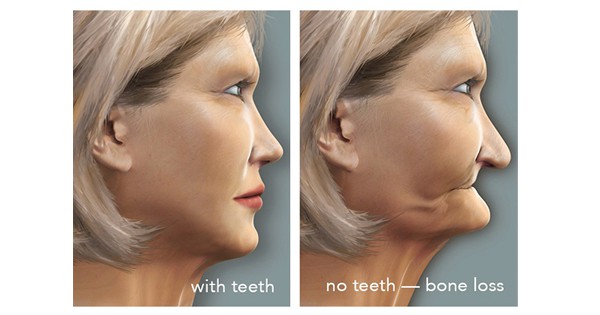
Do dental implants get cavities?
No, dental implants cannot get cavities. However, the gum tissue around the implant can become infected if not properly cared for. It is important to brush and floss regularly and to see your dentist for regular checkups and cleanings.
How long do gums take to heal after implants?
It usually takes about 3-6 weeks for the gums to heal after dental implant surgery. During this time, you should eat soft foods and avoid chewing directly on the surgical site. You should also brush and floss carefully to avoid irritating the healing tissue.
Can I drink coffee after a dental implant?
Yes, you can drink coffee after a dental implant. However, you should avoid drinking hot coffee or other hot beverages until the surgical site has completely healed. You should also avoid using a straw for the first few weeks after surgery.
Can I whiten my teeth with dental implants?
Yes, you can whiten your teeth.
What can I eat after a dental implant?
After your dental implant surgery, you should eat soft foods and avoid chewing directly on the surgical site. You should also brush and floss carefully to avoid irritating the healing tissue.
Need Help With Payments?
If you are considering dental implants, but are worried about the cost, there are financing options available to help make the treatment more affordable.
